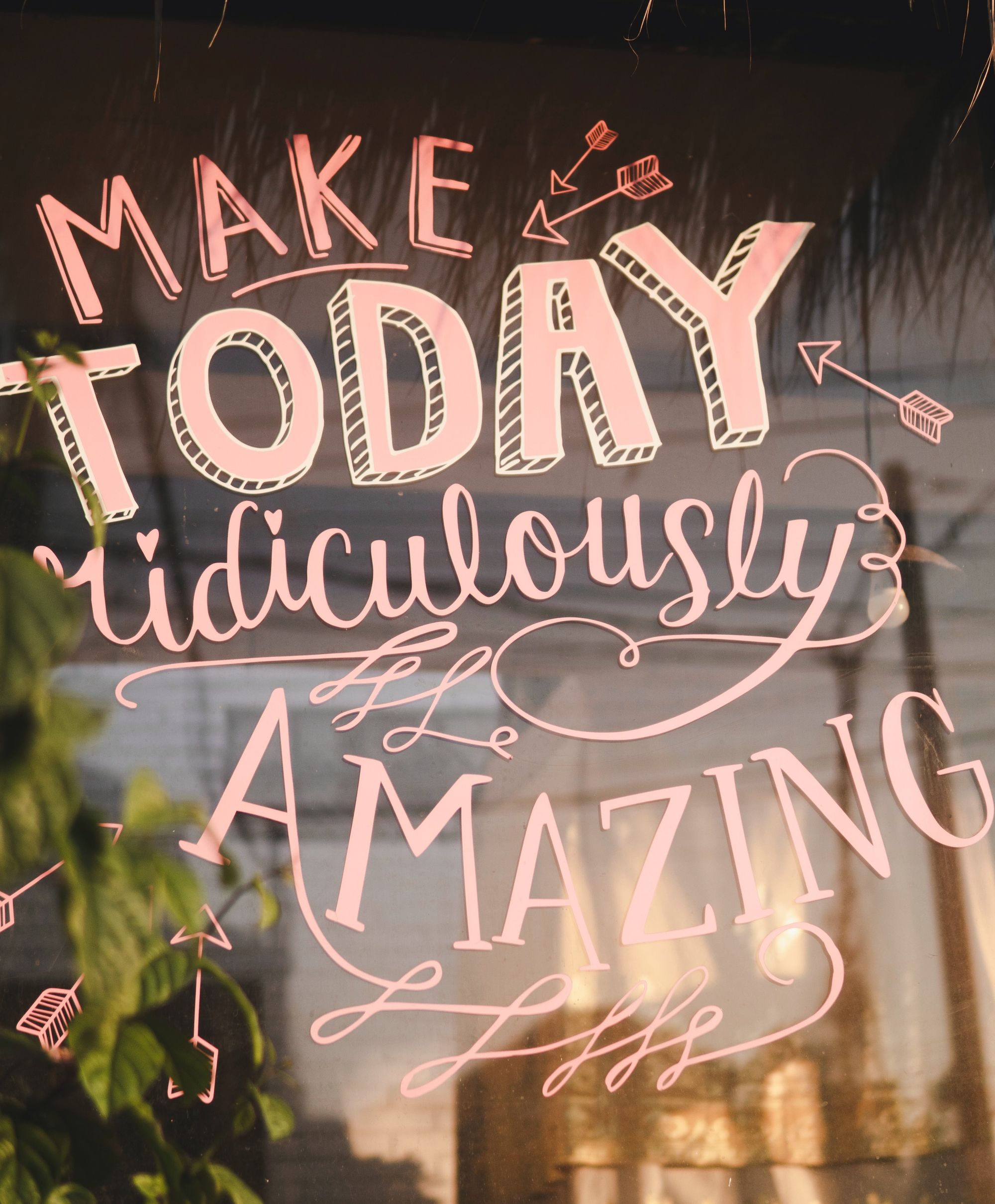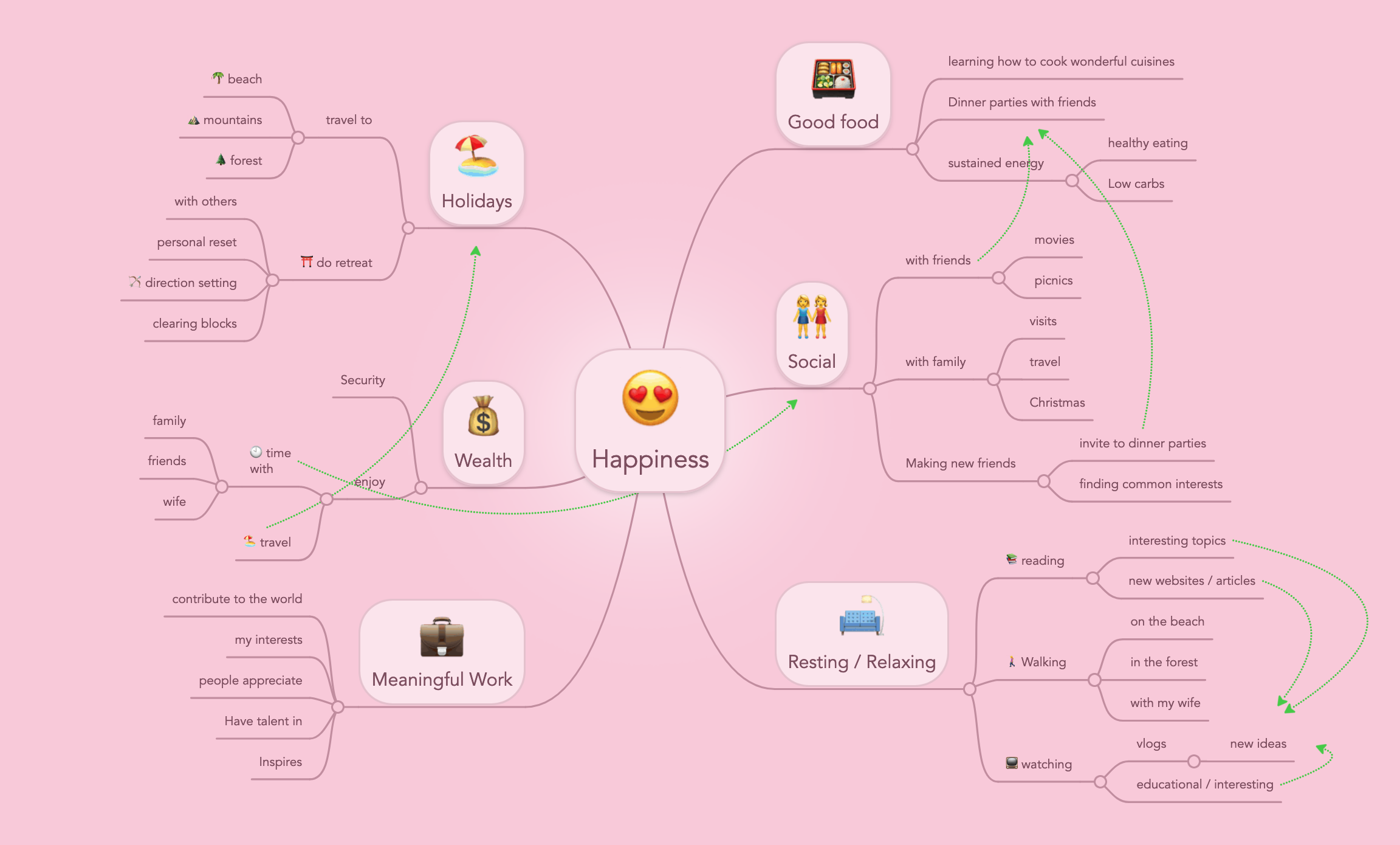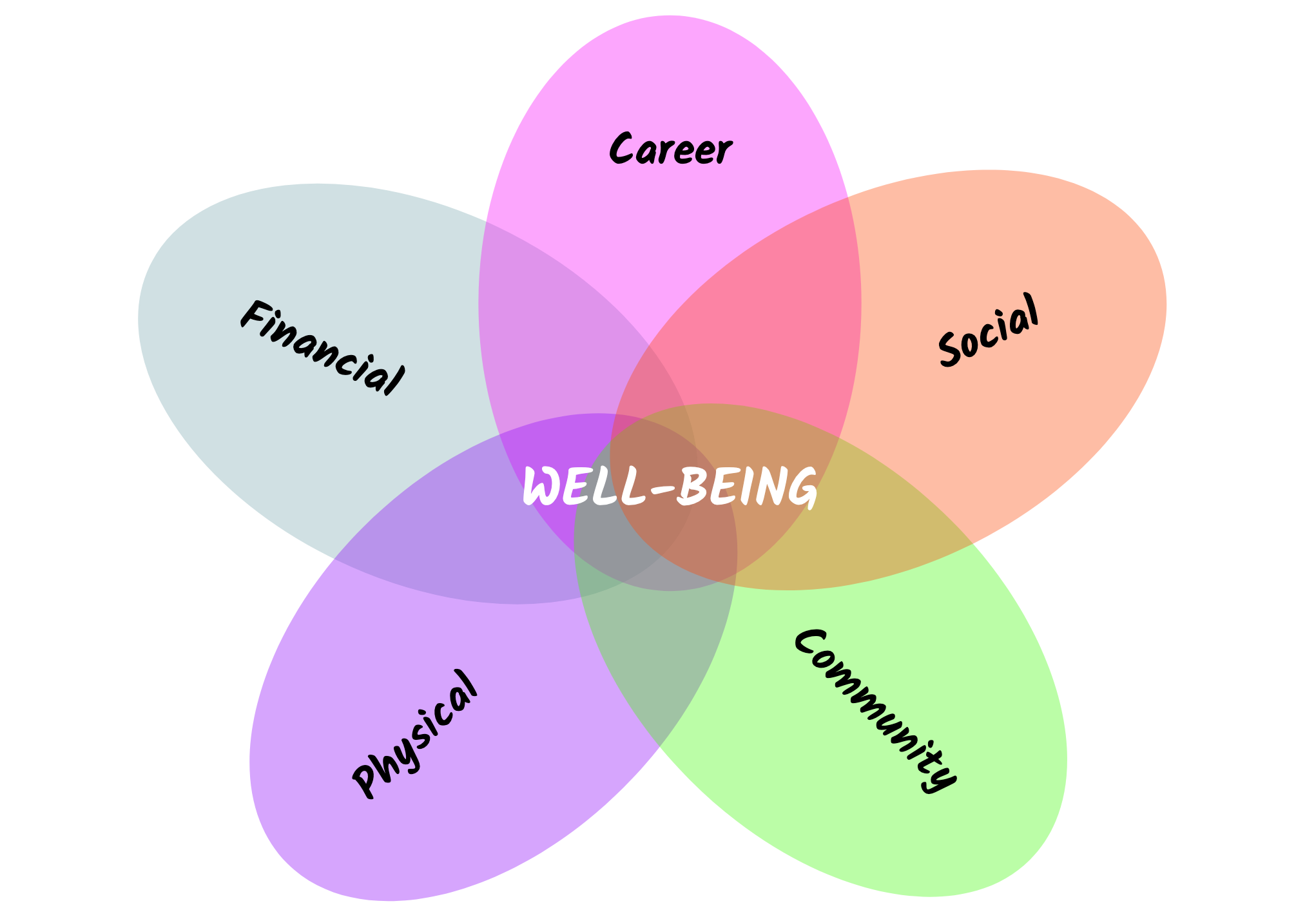Creation Series: A guide to Happiness and Well-being (Part 3)
Make TODAY ridiculously AMAZING! But what actually makes us happy? It is hygge or ikigai? Or it is something deeper?

This article is free to read for the public with a worksheet for members only.
Every year, the United Nations analyses the world's happiness levels nation by nation. Norway and Finland have led in recent years and for some of you, you couldn't think of a more miserable, icy weather to be in. How on Earth are they happy with that climate for nine or more months of the year? Obviously, the climate/daily weather doesn't directly make people happy or unhappy.
A recent study analysing enthusiasm for life in the US found that almost half of the adults are not actively engaged in the world, feeling generally unhappy and bored. In addition, depression in first world countries is on the rise. Both of these tend to indicate that general wealth and availability of goods (beyond the ability to feed and house yourself) does not bring long-term happiness.
So, what actually makes us happy?
Making it happen
Make TODAY ridiculously AMAZING"
– Random window
I love that this quote summarises happiness quite well. Happiness happens when you have a ridiculously amazing day, but it also acknowledges the part you have to play for happiness to occur using the verb make.
I'm sure you've heard of the saying, "Happiness is an inside job" and the Random window above is telling us to make ourselves happy. The question then arises, "How do we make ourselves happy on the inside?"
Is there a difference between short and long-term happiness?
Being happy is being happy, right? Well, it might depend on whether the happiness is temporary or longer-lasting.
Short-term happiness often shows up in if only statements. "I'd be happy if only I won the lottery; got a million; win this competition; could have a holiday on the beach". Sure these things provide that momentary joy (where the moment could even last a month or two), but it's what comes after that counts longer-term. What ultimately makes us happy long term when the winnings are gone and the holiday is over?
Gains in happiness

Sometimes we find it difficult to move from just being content up to being happy, passionate or blissful and this is where past joyous experiences can help.
What actually makes you happy? There's been many surveys asking this very question to millions of people. Often times people mention seemingly small things like a particular brand of chocolate ice-cream, or walks on the beach with a loved one and other times it's what could be seen as improving their quality of life such as money, a house or good job.
In the Nordic countries of Denmark and Norway, happiness for some could be hygge /hoo-guh/ or the extreme comfort of snuggling under a blanket, reading a book with a cup of tea or sitting cosy by the fire. In Japan, happiness might be likened to ikigai or the value/joy you find in life. Ikigai is often misinterpreted as your life's purpose, but it's closer to an internal life-satisfaction, happiness and self-determined evaluation of meaning and joy. In simpler terms, a part of ikigai is a state of being extremely happy to be alive which could be from simple pleasures or finding value in what you are doing.
Some brainstorming, mind mapping or journaling reflection questions:
What food, drink or small activity just fills your heart with joy?
What's your definition of a happy or joyous day?
What do you gain a lot of satisfaction from?
Try making a mind map with Happiness in the centre, branching out with major themes and more details as you go. This could be done on landscape oriented paper or using an online mind mapping tool. An example mind map:

Evaluate how you are doing in each of your happiness branches using a colour code representing: very well, average and not so good.
- What does happiness mean for you?
- How is your happiness now versus half your life ago?
- What is your hygge (extreme comfort)?
- What is your ikigai (It's great to be alive!)?
- What would it take to increase your happiness in your daily life or average week?
The Importance of Well-being

Martin Seligman in his book Flourish argues that happiness is too narrow a concept to be useful for application and that happiness is part of a larger concept of well-being. When broadening our focus to well-being, we can think of types of well-being such as physical well-being or financial well-being.
Scientists from the Gallup Organisation in partnership with leading economists, psychologists and other scientists have been exploring common types of well-being that transcend cultures around the world and distilled them down to five types. These five types are:
- Career well-being (liking what you do daily),
- Social well-being (friendship and love),
- Financial well-being (managing economic life),
- Physical well-being (good health and energy), and
- Community/Contribution well-being (engagement and contribution to society).
Given that these are distilled so as to be universal types of well-being, you might think of more types of well-being that are relevant for you. Some ideas of types include:
- Growth and Learning well-being (having a sense of growth, progress and improvement)
- Life purpose / Greater meaning well-being (having a sense that your life has purpose or a greater meaning in the world)
- Internal well-being (a sense of mental and emotional health, stable moods and reasoned thinking)
- Environmental well-being (a sense of calm and peace from your home, work and local town environment)
Well-being journaling prompts include:
* How might I improve on this area of well-being?
* Are there any priorities right now?
* How would I rate this area in my life at the moment?
Is there a happiness that lasts even longer?
“Happiness is the meaning and the purpose of life, the whole aim and end of human existence.”
– Aristotle
After the holiday is over, and you feel a sense of dread that you have to go back to ... (fill in the blank - less than pleasing job, boring life, town that I dislike, ...), it's a strong indicator that:
a) perhaps you aren't appreciating where you are (see Part 2 of the Creation Series - A guide to raising your energy), and/or
b) you might not have a sense of purpose or greater meaning in life, or perhaps could do with a direction or mission to strive towards.
This is the topic of Part Four, defining your LIFE vision and deciding on who you are becoming. So stay tuned and sign up for more like this by joining the Future Forward newsletter below.
Belinda Allan is an education advisor who is dedicated to empowering lifelong learners. By exploring the intersection of technology, personal development and learning futures, Belinda uses her expertise in education, IT and AI to guide individuals in creating the course or training program of their dreams. With a focus on how AI can drive productivity and well-being in the ever-changing landscape of education and work, Belinda will help you unlock your full potential.
Unlock your potential for happiness and success with the Learning Lounge newsletter - sign up now to receive tips and insights on how to find more joy in your day, as well as expert advice on leveraging technology and AI to achieve your goals.
Worksheets
Sign up or login to see the free worksheets for these activities.

